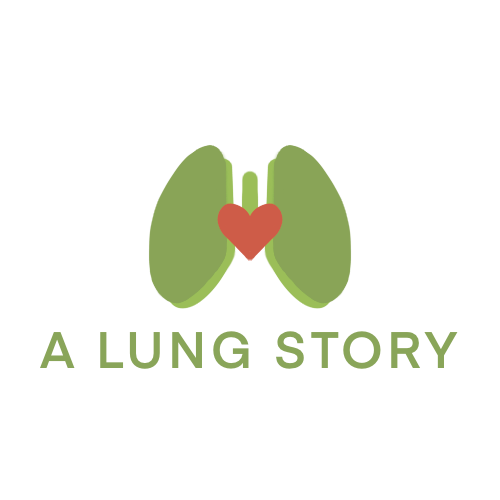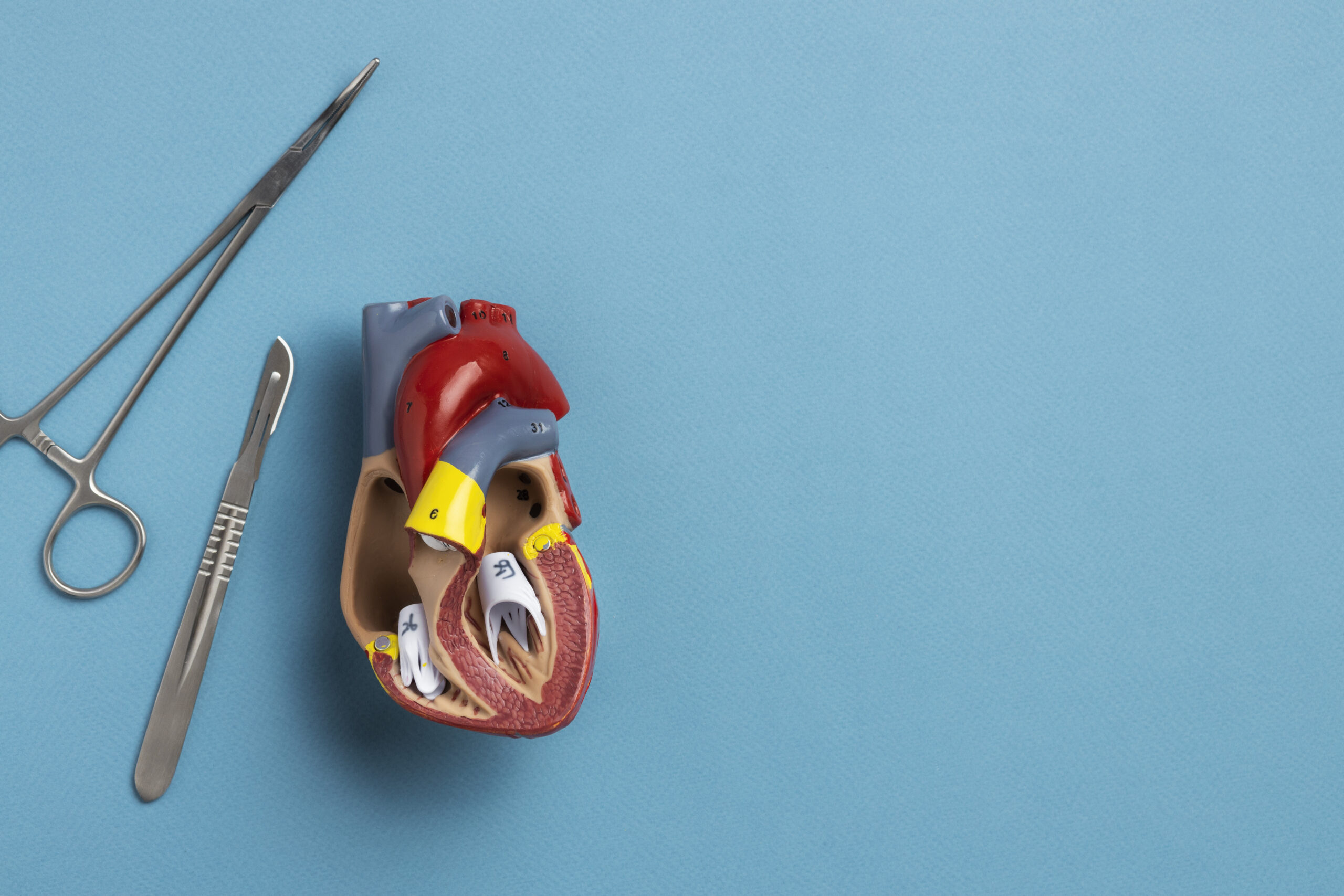A heart attack is a serious medical emergency that occurs when the blood flow to a part of the heart muscle is blocked, leading to damage or death of the muscle tissue. Recognizing the signs of a heart attack can be life-saving, and it’s crucial to seek medical help immediately if you or someone you know experiences any of the symptoms. Here are eight common signs of a heart attack to watch out for:
1. Chest Pain or Discomfort
One of the most recognizable symptoms of a heart attack is chest pain or discomfort. This sensation can feel like a pressure, squeezing, fullness, or pain in the center or left side of the chest. It may last for a few minutes or come and go. It’s often described as feeling like an elephant sitting on your chest.
2. Pain in Other Areas
The pain or discomfort of a heart attack can radiate beyond the chest. It might spread to the shoulders, neck, arms (especially the left arm), back, or even the jaw. This pain can be persistent or intermittent, and it might feel similar to chest discomfort or pain.
3. Shortness of Breath
Shortness of breath, with or without chest discomfort, is another significant sign of a heart attack. This feeling can occur suddenly and may accompany or precede other symptoms. It might happen while at rest or during physical activity.
4. Nausea or Lightheadedness
Some people experience nausea, vomiting, or dizziness during a heart attack. This can be accompanied by cold sweats or a feeling of being lightheaded. Women, in particular, may report these symptoms more frequently than men.
5. Unexplained Fatigue
Feeling unusually tired or fatigued, sometimes for days before the heart attack, can be a subtle warning sign. This symptom is especially common in women and may be accompanied by other symptoms like difficulty sleeping or increased anxiety.
6. Cold Sweat
Breaking out in a cold sweat without an apparent reason can be a sign of a heart attack. This can be distressing and is often associated with other symptoms like chest pain or shortness of breath.
7. Indigestion or Abdominal Pain
Some people experience heart attack symptoms that feel like indigestion or abdominal discomfort. This can sometimes be mistaken for gastrointestinal issues, but it’s important to consider it in the context of other symptoms, particularly if it’s accompanied by chest pain or shortness of breath.
8. Feeling of Impending Doom
A sense of anxiety or a feeling of impending doom can sometimes accompany a heart attack. This psychological symptom, though less common, can be a sign that something is seriously wrong and should not be ignored.
What to Do If You Suspect a Heart Attack
If you or someone else is experiencing symptoms that might indicate a heart attack, it is critical to act quickly. Call emergency services immediately and seek professional medical help. While waiting for help, try to stay calm and sit down. Chewing aspirin may be recommended in some cases, but only do this if advised by a healthcare professional.
Conclusion
Understanding and recognizing the signs of a heart attack can help you take prompt action and improve the chances of a favorable outcome. Be aware of these symptoms and remember that even if you’re unsure, it’s better to err on the side of caution and seek medical attention. Your health and safety are the top priorities.




